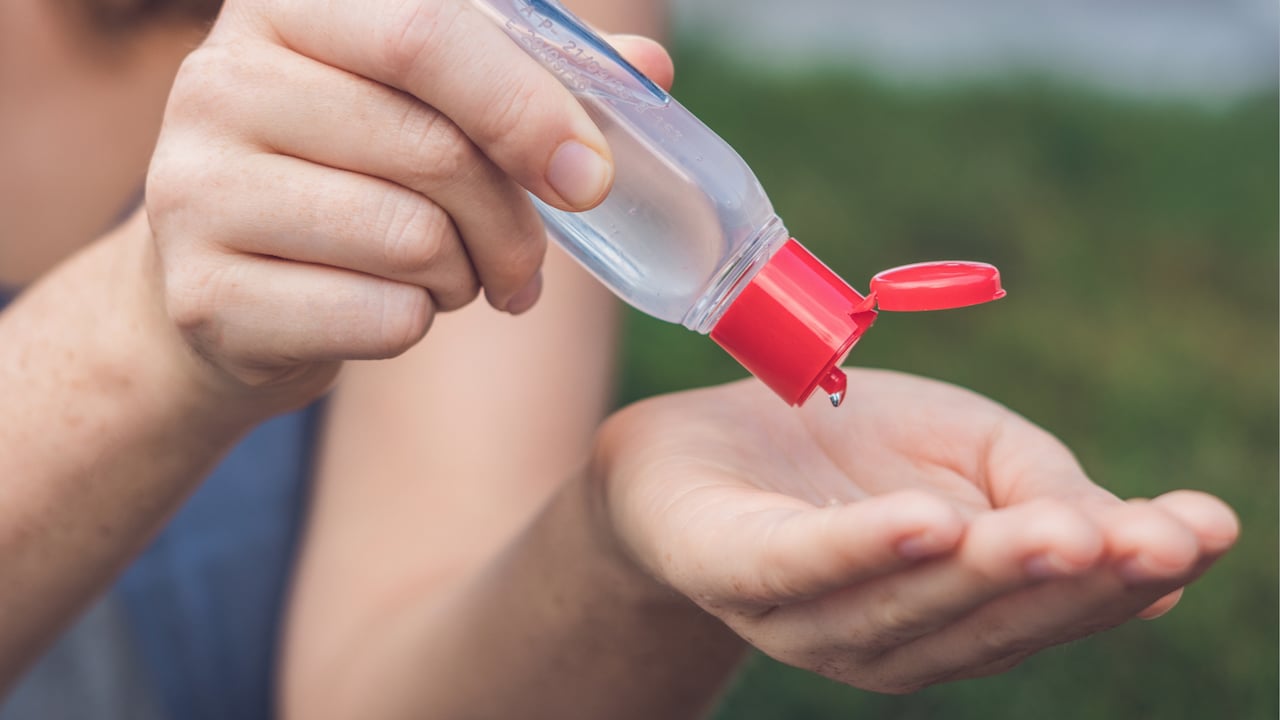
IB Learner Profile: Knowledgeable
Knowledge is only given to those that choose to seek it!
IB Learner Profile: Knowledgeable
As IB learners we strive to be knowledgeable. We explore concepts, ideas and issues that have local and global significance. In doing so, we acquire in-depth knowledge and develop understanding across a broad and balanced range of disciplines.
This IB learner profile is one of 10 attributes recognized and valued by IB World Schools. We believe these attributes, and others like them, can help individuals and groups become responsible members of local, national and global communities.
IB students are extraordinarily well prepared for the academic requirements of university coursework.
Make connections between the known and unknown
Ask questions and seek answers!
Be informed about the world around you
How can parents help to develop students who are knowledgeable at home?
- Encourage your child to be aware of current events by watching the news or reading news articles when appropriate.
- Explore connections between the area of interest and other topics.
- When your child asks a question, encourage them to seek the answer out rather than giving them the answer.
- Ask your child about what they are learning in school and engage them in conversations about it.
- Foster areas of interest that your child displays though books, outings and activities.
Ask:
- "Why do you think that is important to know?"
- "Can you think of anything that's happening today that might be similar to...?"
- "What does that make you think of?"
- "Does that remind you of anything else you've learned?"
The links below will support your child's ability to draw on knowledge, ask and answer questions and apply the learning to new situations.
Suggested Books, Games, and Activities
Free Educational Websites for Your Pursuit of Knowledge
- Wonderopolis: Explore the World of Wonders, where the wonders of learning never cease
- Mystery Science : Open and go lessons that include trending topics for elementary students
- Animal Facts Encyclopedia : Online encyclopedia of animal facts, photos, videos and information featuring exclusive Animal Stat Fact Files
Learning Strategy: Categorizing
When students categorize objects or ideas they are analyzing their characteristics to find similarities. It's an important skill for language development because it helps children: identify similarities and differences, create patterns, process information, store and retrieve ideas, and describe items.
Young learners start with categorizing by color, shape, and size. Young elementary students can begin to categorize texts into fiction and non-fiction groups, living and non-living, needs and wants. Older elementary students can begin to categorize stories by theme and categorize larger ideas such as scientific processes. This list is not exhaustive but gives an overview of the progression of the skill.
Game: Reality River
The river that runs through Interland flows with fact and fiction. But things are not always as they seem. To cross the rapids, use your best judgment – and don't fall for the antics of the phisher lurking in these waters.
Interland has been particularly well-received by kids ages 7-12, but can certainly be enjoyed by older and younger kids, too.
Click the image to play the game.
Storytime
Ada Twist Scientist by Andrea Beaty
Ada Twist, Scientist is a 2016 children's picture book written by Andrea Beaty and illustrated by David Roberts. The story was well received and praised for encouraging children, especially girls, to develop an interest in STEM. The book also received a television series adaptation in 2021.
Discussion Questions for "Ada Twist, Scientist"
- Why do you think Ada did not speak for so many years?
- What does Ada do with her questions?
- What are some traits that a great scientist would have?
- Based on the story, what do you think a hypothesis is?
Petunia by Roger Duvoisin
Petunia by Roger Duvoisin is about a goose named Petunia who discovers a book and assumes that by carrying it around, she will become wise. She proudly dispenses advice to the other animals on the farm, believing she knows everything. However, her misguided wisdom leads to humorous and sometimes disastrous results. The story highlights the importance of knowledge and the dangers of pretending to know more than one actually does.
Discussion Questions for Petunia
- What was Ida’s problem? What was Petunia’s solution?
- What was Straw’s problem? What was Petunia’s solution?
- What was Cotton’s problem? What was Petunia’s solution?
- What was the question about the box?
Me...Jane by Patrick McDonnell
Me...Jane is a 2011 children's picture book written and illustrated by Patrick McDonnell. The book tells the story of a young Jane Goodall and her toy chimpanzee, Jubilee, as they explore the world. The book was a recipient of a 2012 Caldecott Honor for its illustrations.
Discussion questions for "Me...Jane"
What did Jane do to gain more knowledge?
How can you use your knowledge to make a change?
Additional Resources on Jane Goodall
Jane Goodall- Mother Earth: A powerful and inspiring message from Jane
Me....Jane: A quick reading of the above story without the narrative
Continue your research!!! Find out more about Jane Goodall how she has used her knowledge to communicate to the world.
Trailblazers
Please send photos of your child being a risk-taker via our facebook link below. We will share them on our gallery wall!!!
Stanley Makowski ECC #99- An IB World School
Email: nmarciano@buffaloschools.org
Website: https://www.buffaloschools.org/PS99
Location: 1095 Jefferson Avenue, Buffalo, NY, USA
Phone: (716) 816-4180
Facebook: https://www.facebook.com/MakowskiIBWorldschool/











